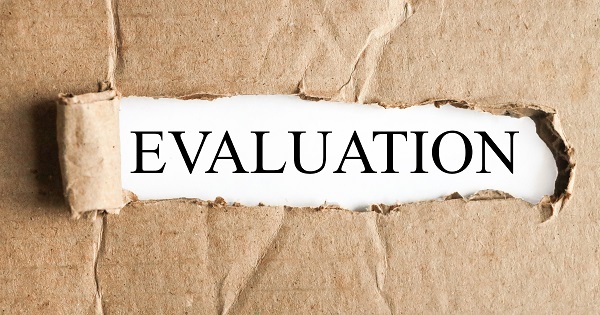
Fit for DORA
BHF is now a DORA signatory. This BHF blog explains how we will begin to implement DORA principles in our funding and evaluation processes.

BHF is now a DORA signatory. This BHF blog explains how we will begin to implement DORA principles in our funding and evaluation processes.

A year since the BHF signed up to DORA, find out how we are working to make our research assessment and evaluation processes more inclusive and transparent.

Here’s what you need to know about how to apply for BHF research grants, how we award them, and how to manage them.